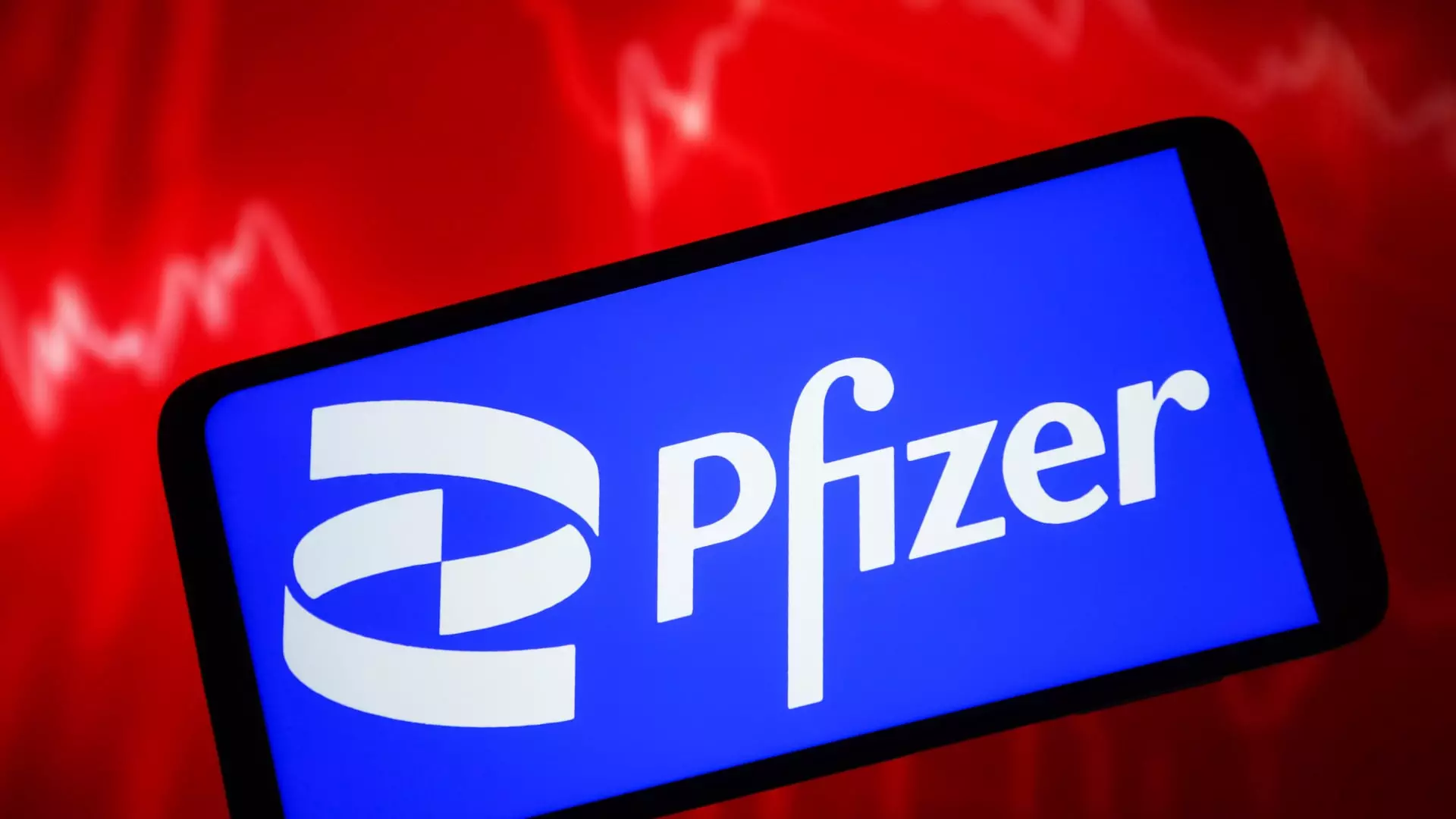The Food and Drug Administration recently made a groundbreaking announcement, approving Pfizer’s innovative treatment for a rare genetic bleeding disorder. This approval marks a significant milestone for the company, as it is their first gene therapy to receive clearance in the United States. The drug, known as Beqvez, is designed for adults with moderate to severe hemophilia B who meet specific criteria. Despite its potential to revolutionize treatment for this debilitating condition, Beqvez comes with a staggering price tag of $3.5 million before insurance and rebates, making it one of the most expensive drugs in the country.
The Impact of Hemophilia B
Hemophilia B is a condition that affects more than 7,000 individuals in the U.S., primarily men, causing them to have insufficient levels of factor IX, a crucial protein that helps blood clot. Without an adequate supply of factor IX, patients with hemophilia B experience frequent and prolonged bleeding, as well as easy bruising. The conventional treatment for hemophilia B involves administering the protein intravenously multiple times a week or month, posing significant challenges for patients in terms of commitment and lifestyle disruption.
Beqvez offers a promising solution to the challenges faced by individuals with hemophilia B. This one-time gene therapy treatment aims to enable patients to produce factor IX on their own, effectively preventing and controlling bleeding episodes. In a late-stage trial, Beqvez demonstrated superiority over the standard treatment method, offering a more convenient and efficient alternative for patients. Dr. Adam Cuker, director of Penn Medicine’s Comprehensive and Hemophilia Thrombosis Program, highlighted the potential of Pfizer’s drug to reduce both the medical and treatment burden in the long term, providing hope for patients suffering from hemophilia B.
The approval of Beqvez is a significant achievement for Pfizer as the company endeavors to diversify its portfolio and recover from the impact of the Covid pandemic. Pfizer is strategically focusing on cancer drugs and treatments for various disease areas to drive its business growth. Additionally, the company has made substantial investments in the field of gene and cell therapies, which offer one-time, high-cost treatments targeting the genetic source of diseases. These therapies have the potential to revolutionize the treatment landscape by replacing traditional lifelong therapies for chronic conditions.
Competition and Future Prospects
Pfizer acquired the rights to produce and market Beqvez from Spark Therapeutics and is set to compete with similar treatments in the market, including CSL Behring’s Hemgenix. While both drugs boast a price tag of $3.5 million in the U.S., the uptake of gene therapies for hemophilia has been limited due to high costs and logistical challenges. Despite these hurdles, Pfizer remains optimistic about the future of gene therapy treatments and is seeking FDA approval for marstacimab, an experimental antibody designed to treat both hemophilia A and B.
The FDA approval of Pfizer’s Beqvez represents a remarkable advancement in the field of gene therapy, offering hope for individuals living with hemophilia B. While the cost and accessibility of gene therapies remain significant concerns, the potential to transform the treatment landscape for rare genetic disorders is undeniable. Pfizer’s commitment to innovation and strategic investments in gene therapies position the company as a key player in shaping the future of healthcare.

